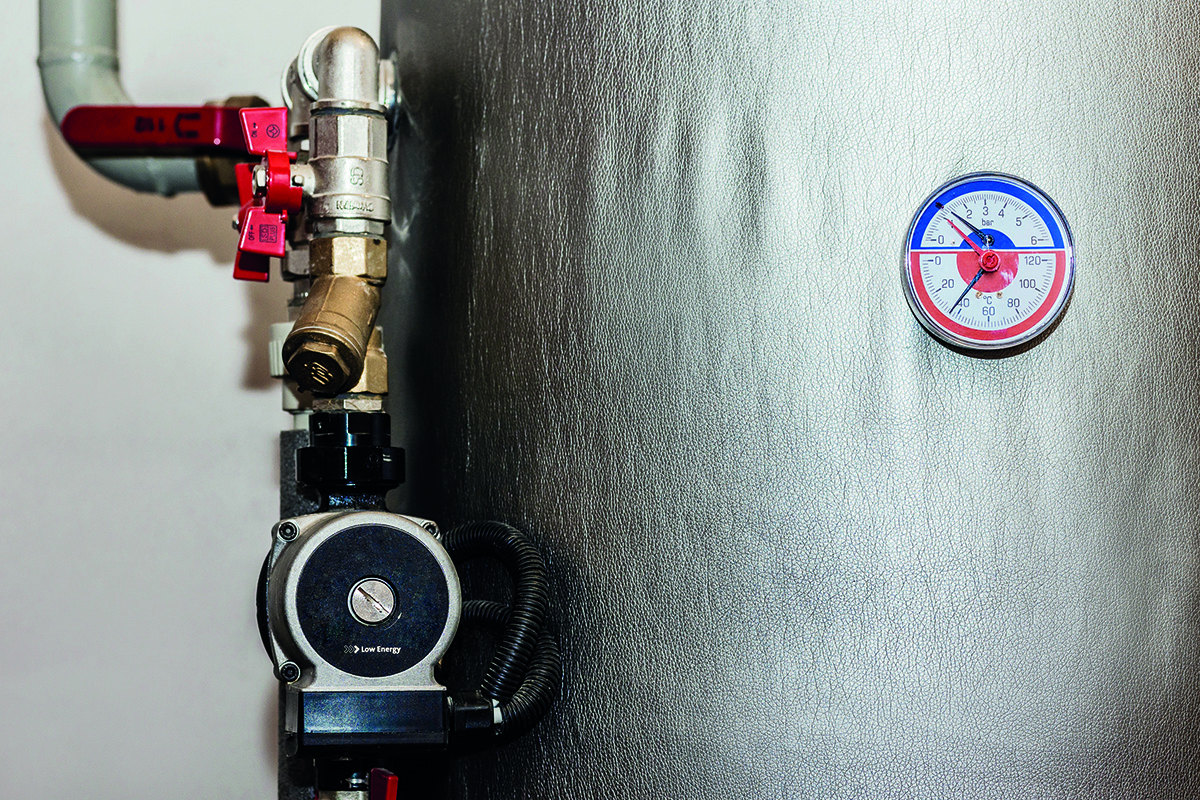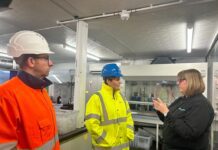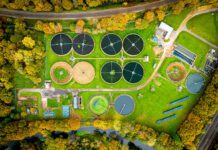
An investigation by Grundfos seems to reveal that many falsely certified circulator pumps are being sold by the major wholesalers, with energy-efficiency and other repercussions for end users.
Some one million circulator pumps are sold in the UK each year. Grundfos and the British Pump Manufacturers Association estimate that at least 10% of them now carry fake CE labels but the true figure is likely to be considerably higher. What’s more, says Grundfos, the problem of falsely-certified Far East imports appears to be largely confined to the UK.
At one provider, more than a quarter of the devices sold carried fake “CE” labels that are meant to reassure wholesalers, installers, and consumers that they have met strict eco-design rules, introduced a decade ago.
But the certificates are fake and have been applied to the devices in China ahead of export to the UK.
Why might it be happening?
There is no record of any fines being handed down in the UK to any of the companies breaching eco-design rules, prompting questions about the Government’s commitment to improving energy efficiency.
The problem has been increasing since 2016. A perfect storm caused by microchip shortages and increased demand for the devices during the pandemic, when people used their increased time at home to renovate, meant cynical exporters in the Far East looked to plug gaps in the market.
A typical energy-efficient electronic pump will cost around £100 but the falsely labelled alternatives can cost as little as a third of this. That is, until they are installed.
Modelling by Grundfos using independent data suggests the average buyer will miss out on savings of up to £110 a year to their energy bills because the cheaper imports do not have the capability to move hot water around homes efficiently.
UK trading standards teams have taken down several websites advertising the products but there has been little attempt to take action to prevent them being sold in plumbers’ merchants.
The failure has raised concerns about the impact of the fake devices on manufacturers who make pumps that meet the eco standards. Hundreds of European jobs are at risk if the trend continues.
The issue has also raised wider questions about what other types of falsely labelled equipment are entering the UK and being wrongly sold as meeting energy efficiency regulations.
Chris Skeen, Global Product Director at Grundfos, comments: “There have always been non-compliant pumps sold in small pockets of the country, typically in the smaller wholesalers. But what we’re seeing now is a seismic shift.
Tens of thousands of these devices are being sold, often in reputable large-scale plumbing merchants, and many plumbers and gas engineers don’t realise that what they’re buying is going to end up costing customers hundreds if not thousands of pounds more over the course of the devices’ lifetimes.
“Grundfos has called on other legitimate manufacturers to talk about the issue and raise public awareness. We need people to understand the scale of this problem and how it is holding back the UK’s attempts to improve energy efficiency.
“We know this is going on and it needs to be stopped. At a time when saving money and the planet is paramount, failing to act in this situation sends all the wrong signals. If this is happening in our market, what else is coming in under the radar? We want the Government to show clear leadership here and step in to reassure consumers that it takes these issues seriously.”







